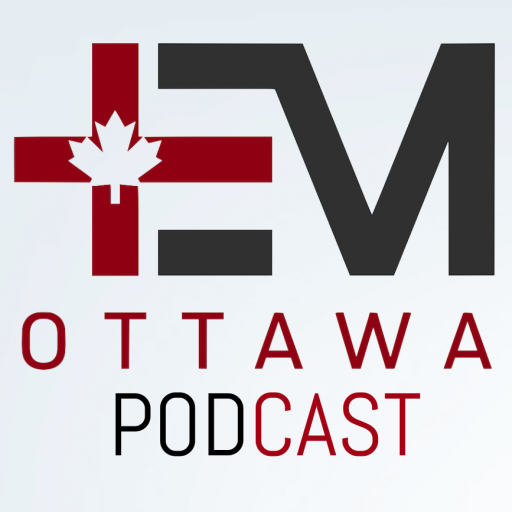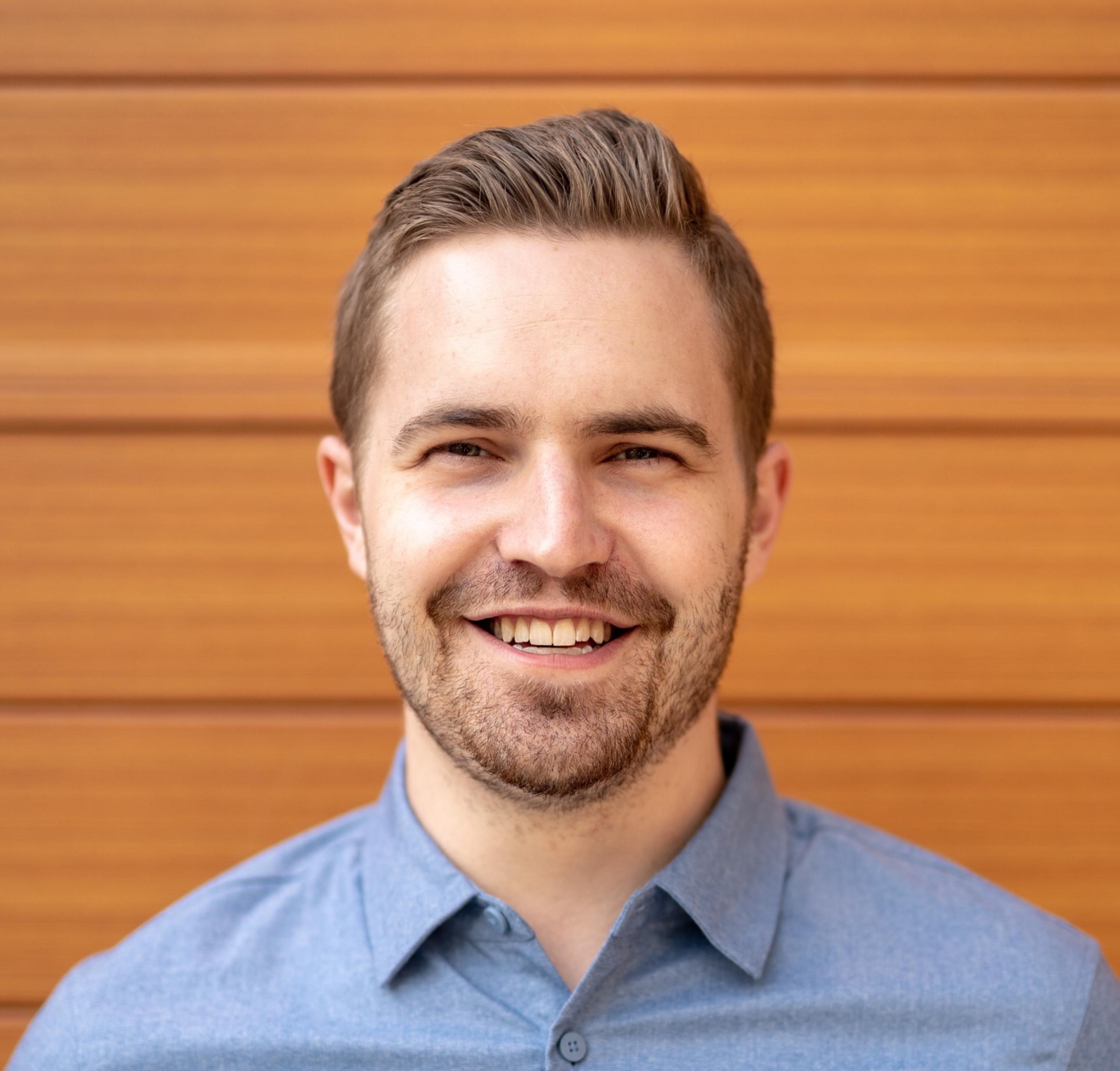Podcast Episode #4 – Dr. Tiffany Lam & Dr. Ian Stiell
(Click here to access Podcast Main menu)
For our fourth episode of the Ottawa EM Podcast, Dr. Tiffany Lam makes her much anticipated Podcast debut! She sits down to talk to Dr. Ian Stiell, a world-renowned clinician and researcher best known for his development of the Ottawa EM decision rules.
How did you get involved in research?
It was ultimately unexpected, as I was not involved in research as a medical student or clinician. It began with leading journal club as a junior staff, learning how studies should be designed, and then going on to pursue a master’s in epidemiology.
Sometimes you need to go with your gut and follow any opportunities that arise, you can’t pre-ordain what’s going to happen.
Who were your mentors growing up?
My father was a forestry researcher, and although not a clinical researcher, I suppose this rubbed off. There was not a lot of emergency medicine research happening early-on in my career, so I relied on a multidisciplinary team of other clinicians early-on.
Advice for students or residents interested in emergency medicine research?
Reach out to known researchers as early as you can. If you’re a medical student, ask for opportunities in your 1st or 2ndyear volunteering or potentially working as a summer student. In Ottawa, there are multiple new EM projects happening each year, including opportunities to get involved helping with the resident research projects.
How does your clinical work influence your research?
After working in the ED for 40-years, it’s really a never-ending opportunity of ideas. Residents are always asking “why do you do it that way?” and you’re expected to know the answer. If you don’t, potentially there’s a new research idea. EM is unique in that we see the early stages of the undifferentiated patient. Whether in identification of disease, risk stratification or prognostication, there are always new opportunities for research in the ED.
What is the most meaningful change you’ve seen regarding the use of evidence in EM?
The shift away from eminence-based medicine, that is, away from old professors telling you what’s right just because it’s always been that way. Now we look at the studies first, and trainees are being taught earlier-on to critically appraise the literature.
How do you maintain a balanced schedule?
Part of it comes with learning how to be more efficient. Working hard, but also being proficient with your time. As an editor-and-chief for CJEM, this includes appraising articles quickly.
How does Ian Stiell prevent burnout?
Right now, it’s through having lots of hobbies outside of medicine and exercising. My hobbies have included skiing, mountain biking, playing golf, tennis and travelling when it’s not a global pandemic. Currently, I’ve been spending a lot of time with my family and grandchildren.
What are some of the greatest life lessons you’ve learned during your career?
You can’t totally preplan your life. In medical school I wanted to be a neurologist, then surgeon, then family doctor, and all of that seemingly went by the wayside as I grew up. You need to be open to new opportunities. Allow yourself to change course if you find something you like better. And don’t be afraid to admit you don’t like the path you’re on and change course.
What’s next for Dr. Ian Stiell?
I’m still actively involved in research, but part of my role has shifted more towards mentoring residents and new researchers. I’m also involved in working as the editor-and-chief of the Canadian Journal of Emergency Medicine (CJEM).
Any final parting words of advice?
While it depends on your personality, emergency medicine is an amazing career to pursue, particularly if you have a short-attention span. It’s exciting, fast paced, a team sport, and there are countless opportunities for clinical research—whether in quality improvement, simulation, or point-of-care ultrasound (POCUS) to name a few.



